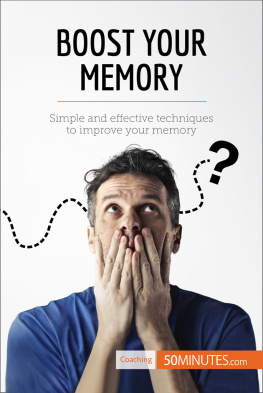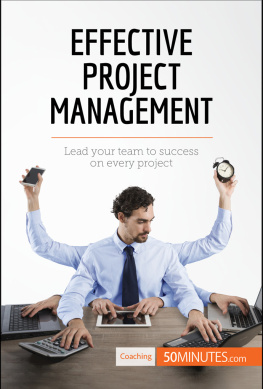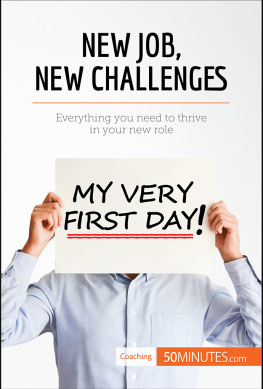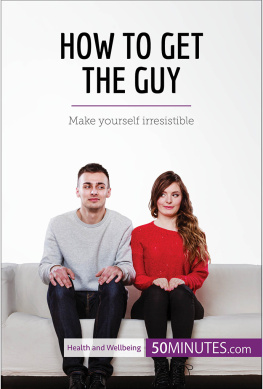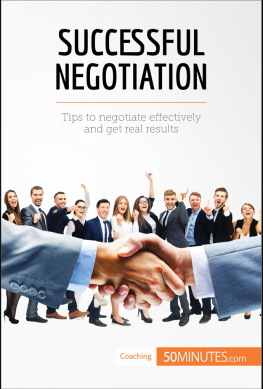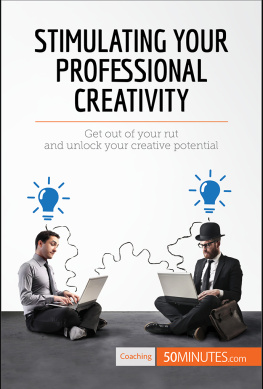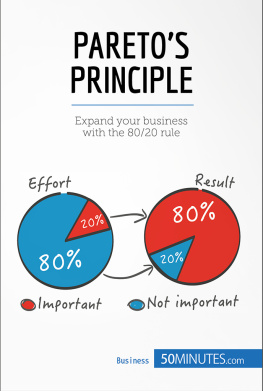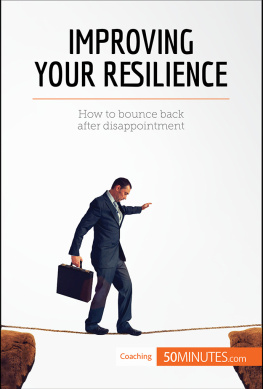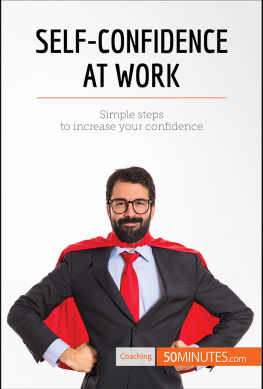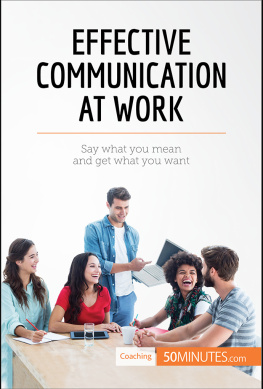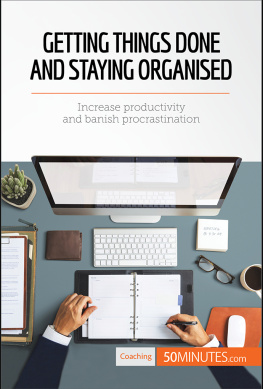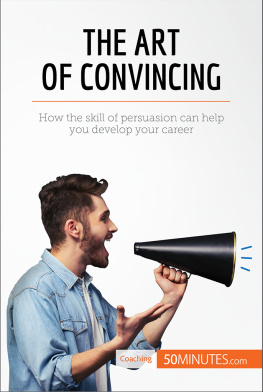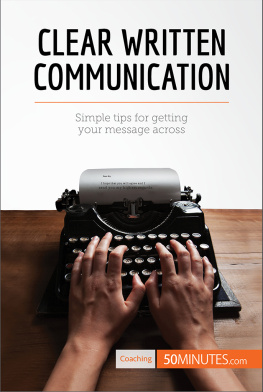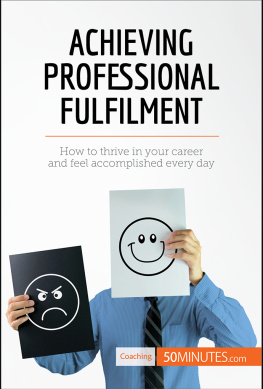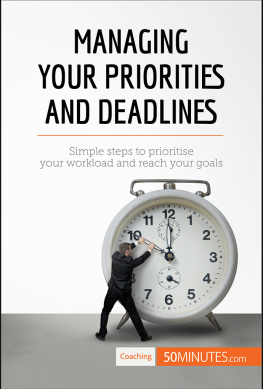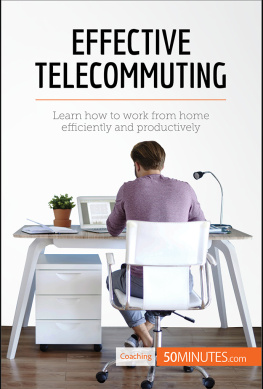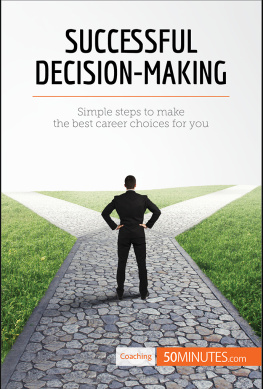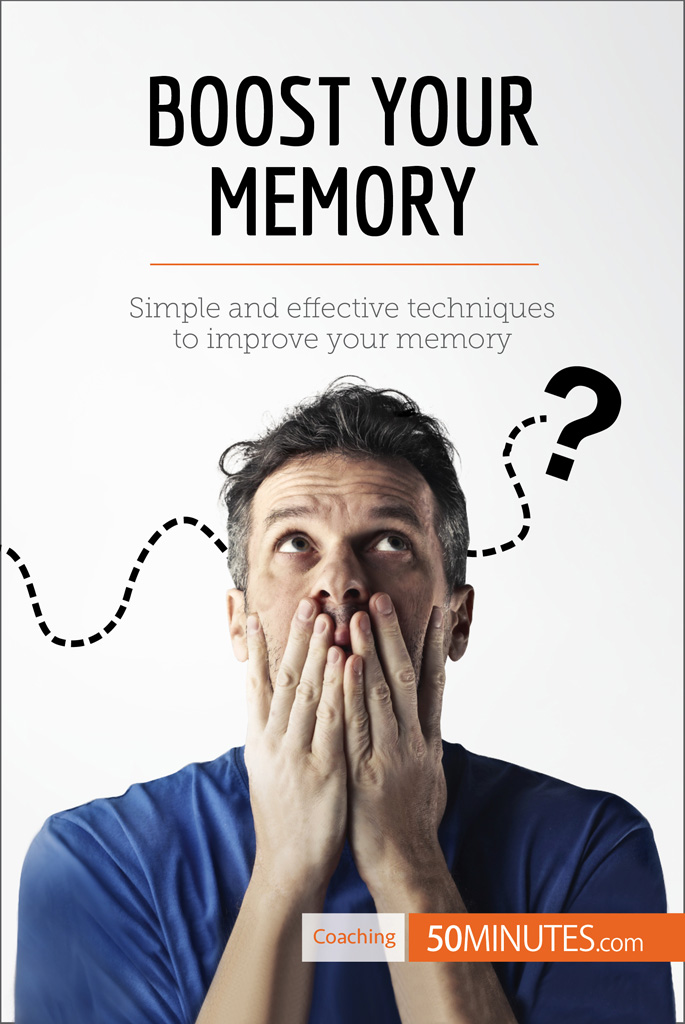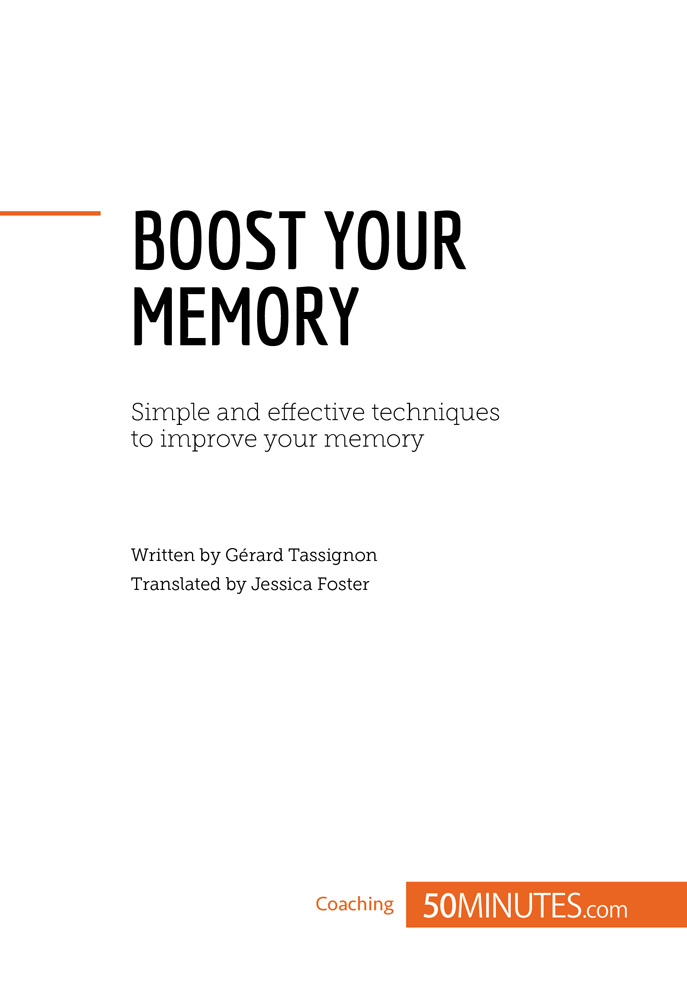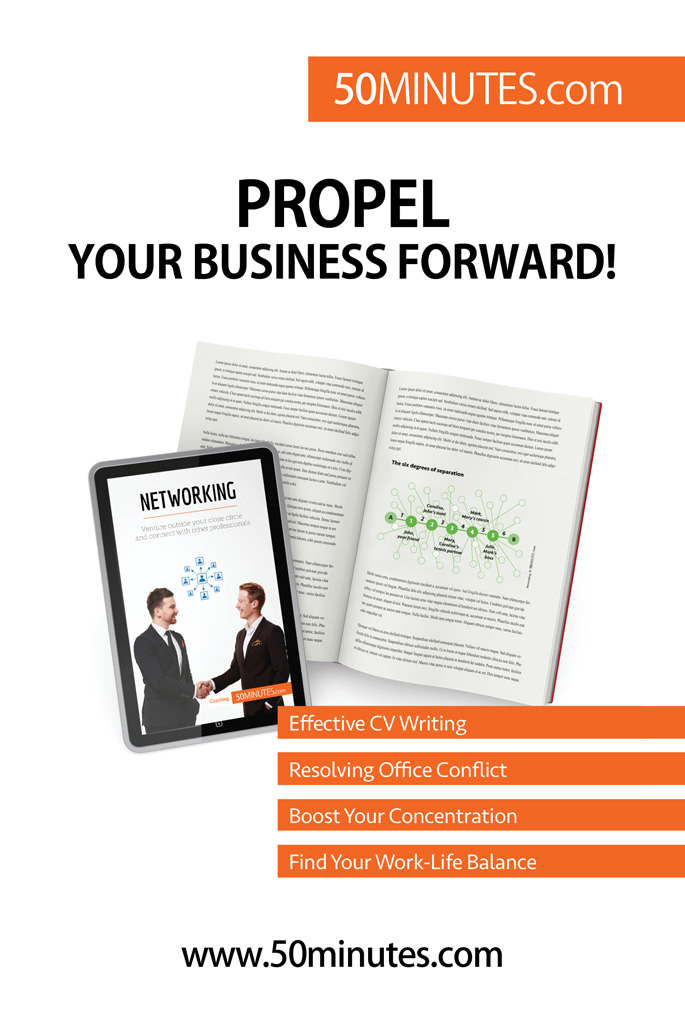Boost your memory
- Issue: how can I stop losing my train of thought during a presentation? How can I remember the name of that person I met during the last networking event? How can I retain that new and interesting piece of information on a particular subject? What techniques can I develop to improve my memory?
- Uses: we use our memories on a daily basis to learn and retain a large amount of information. It is therefore indispensable for us to look after them in order to optimise our intellectual faculties.
- Professional context: a project or product presentation, professional relationships, professional efficiency, wellbeing at work, etc.
- FAQs:
- Is it normal to forget things?
- Why are some memories so easily retained?
- Does everyone have an equally good memory?
- Why continue to learn in the age of the internet?
- How should I go about learning more easily?
- How can I maintain my memory?
- I tend to quickly forget what someone has just told me. How can I fix that?
Self-awareness and learning throughout our lives are, in part, characteristics of the human race. All this would certainly not be possible without the unique faculty that is our memory. We have all at some point experienced its limits, however: you are standing in front of a familiar person whose first name eludes you; you have been trying to identify an old school friend for hours; as a student, you have experienced difficulties in the face of the sheer quantity of material to commit to memory during revision and the story sadly repeated itself during your most recent professional training. As you are reading this, you still fear the difficulties that might defy your neurones.
None of the phenomena described above are abnormal. We are not robots! And our memories are fortunately not infallible. Rest assured, in any case, that nothing is unachievable and you can keep learning at any age. Aside from a few medical exceptions, there is no such thing as a fundamentally bad memory. Even better, there are simple ways of developing and improving your memory. Memory is vital to human life. It allows us to learn and adapt throughout our existence, but also to create our own identity. It is therefore essential to take excellent care of it and to take advantage of its full potential.
In 50 minutes, understand how the memory works and learn how to use it at its full capacity thanks to the advice in this short guide. Our exercises, which can be used on a daily basis, will allow you to regain total confidence in your cognitive abilities.
Memory: the basics
What is memory?
How it works
The term memory refers to our brains capacity to analyse and store information in order to reproduce it later. The study of memory, through disciplines such as psychology and neuroscience, has enabled us to outline how it works in three main steps:
- Encoding refers to the learning phase;
- Storage means filing away information;
- Retrieval of information happens when the information is reproduced.
However, this process does not take place through a single system. In fact, everything that is connected to language involves declarative memory (or explicit memory), while the acquisition of motor skills requires procedural memory. In addition, there are three types of distinct memory which work together to ensure that information is passed on and encoded: sensory memory, short-term memory and long-term memory. Memory is also divided between the different parts of the brain:
- the occipital lobe, related to vision;
- the temporal lobe, linked to hearing, smell and balance;
- the parietal lobe, linked to touch;
- and finally the frontal lobe, related to language, movement and to the most complex thoughts and reasoning.
The term memory is therefore multifaceted. Each of its elements is characterised by a different information retention period and a different storage capacity.
A complex, multifaceted mechanism
- Sensory memory allows us to interpret the information we receive through our five senses and to retain it for several seconds. It can be subdivided into iconic memory, linked to vision; echoic memory, linked to hearing; olfactory memory, linked to smell; and finally haptic memory, linked to touch. It acts as a filter of the multitude of stimuli to which we are exposed, often subconsciously, and is an obligatory step in information storage.
- Short-term memory , also known as working memory, registers active information in our minds temporarily, for the time necessary to complete a task, such as dialling a phone number. The storage capacity of this type of memory is limited to a few moments and, once the task is completed, the data is damaged or lost.
- Long-term memory retains the oldest information that is judged to be the most important for an unlimited period of time. It can be divided into implicit and explicit memory. The first is linked to learning memories: riding a bike without thinking about it, for example. The second is the place where memories, strictly speaking, are stored. Explicit memory is divided into semantic memory, for general knowledge, and episodic memory, for our personal memories. We therefore retain a large amount of information subconsciously and only a small amount is recalled consciously. Be careful, however: this memory is not infallible.
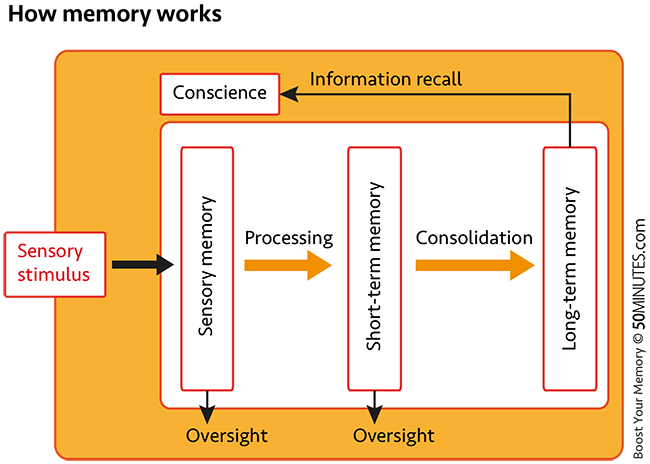
A personal strategy
Throughout your life and mainly during your school years you have undoubtedly adopted, even subconsciously, a particular methodology for retaining information. Setting rhymes to music, mental imagery and mnemonic devices are all effective ways of encouraging learning. But how can we rationalise these things? How can we turn them into a thought-out, organised and reliable process in order to store useful information automatically? Unfortunately, there is not simply one way of doing things that works for everyone; it is each persons job to find their own way by being aware of their capabilities. This is how this booklet can help you.
Here are some simple techniques that can complement your personal strategy and optimise your learning routine:
- Firstly, be aware that you will only retain a piece of information if you think you will use it. It is therefore important to find a purpose for what you wish to learn. You must also discover, if you have not already done so, which method of input works best for you, out of auditory and visual memory, for example.
- Think about increasing the references to yourself and your personal experience. What the psychological researchers Rogers, Kuiper and Kirker call self-reference in fact allows us to filter the information that reaches us. It acts as a processing mechanism for information that relates to us. Our perception of data depends on the extent to which it corresponds with the idea that we have of ourselves. Self-reference is very effective, because the self defines how the information is dealt with and structured in relation to ourselves.

